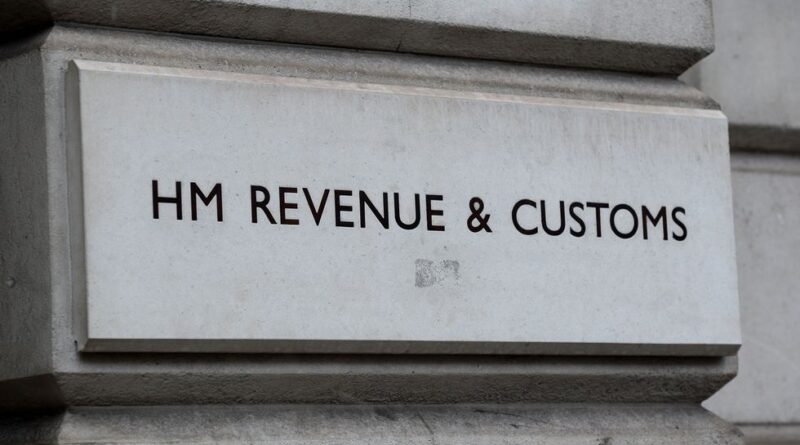Inheritance tax: ‘An effective strategy’ that could save tens of thousands off your bill
When it comes to reducing someone’s inheritance tax, there is “one effective strategy” that could help them save tens of thousands of pounds.
An expert shares his top tips for making the tax process less stressful and expensive.
HM Revenue and Customs pocketed around £700m from inheritance tax last month, an £85m increase on last April.
While only four per cent of estates pay inheritance tax, the latest figures show, the proportion of deaths resulting from inheritance tax is expected to rise to seven per cent by 2032/33.
The average bill could rise to £243,000 in the 2023/24 tax year, with more than 31,000 families having to hand over part of their inheritance to the taxman, Wealth Club calculations suggest.
There are ways families can reduce the loss of thousands to the tax man if they take the time to carefully plan their taxes, and gift assets.
 The current standard inheritance tax is 40 percentPA Avg
The current standard inheritance tax is 40 percentPA AvgMarried couples and civil partners can leave everything to each other tax-free. They can also claim any unused inheritance tax allowance from their partner, meaning a couple can pass up to £1 million between them.
Finn Wheatley, a financial expert spoke to GB News to offer some tips based on the latest regulations to help make the tax process less stressful and expensive.
He explained that when it comes to reducing tax liabilities, gift giving is one way he often discusses. Parceling things provides real opportunities to reduce future liability.
He said: “When it comes to passing your money and property on to future generations, inheritance tax is one of those complex subjects that most people don’t fully understand.
“One effective strategy is to gift your spouse while you’re both still dating. Anything you give to your spouse is tax-free, which can save you tens of thousands over the years. Just be sure to tell the tax man that your spouse can use the remaining payments on time.
“Giving your assets to your children early on also erodes the value of your estate over time. But you have to be careful – the tax people will only tax you for sure if you’re alive after seven years, or not.” Fees are based on how far in advance the gifts are made.
“If the gift is spread over more years than the regular income amounts excluded due to relatively low value, or large amounts are placed to take advantage of the exception over a seven-year period, it can increase your Help reduce the bill.”
Britons can give up to £3,000 tax-free per year to a single person or split it between several, and any unused annual exemption can be carried over to the next tax year.
Gifts include money, household and personal items such as jewelery or furniture, land, London-listed shares and unlisted shares held for two years before death.
People can make regular tax-free gifts from their excess income. Surplus income is what is left over after covering one’s living expenses.
There is no limit to the amount, as long as it does not affect their standard of living.
Latest developments:

People can make regular tax-free gifts from their excess income.
GETTY
This could include setting up a regular balance directly in the recipient’s bank account, setting up a life insurance or retirement plan for someone, or paying into a Junior Isa.
Individuals can also give up to £5,000 to their child, £2,500 to their grandchild or £1,000 to someone else for their marriage or civil partnership.
Timing is key as people can give unlimited amounts but it usually takes seven years to be completely free of inheritance tax.
“Creating trusts also has benefits, although as always with legal vehicles, expert guidance is essential to ensure proper structure and application,” Wheatley concluded.
#Inheritance #tax #effective #strategy #save #tens #thousands #bill
